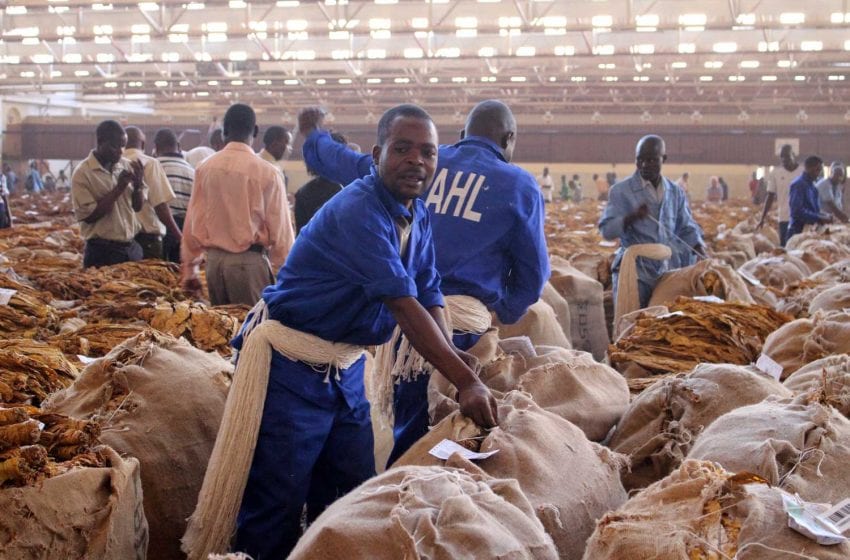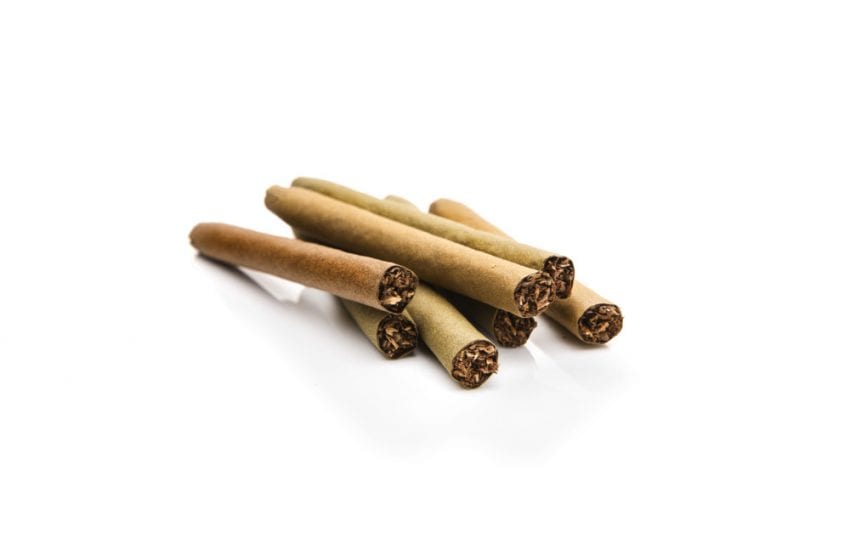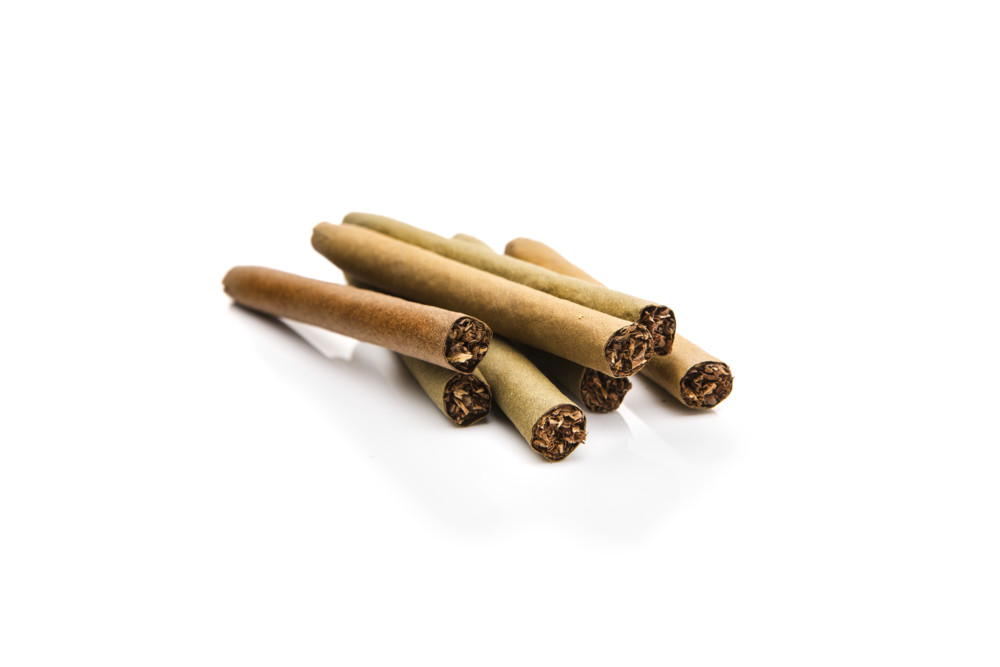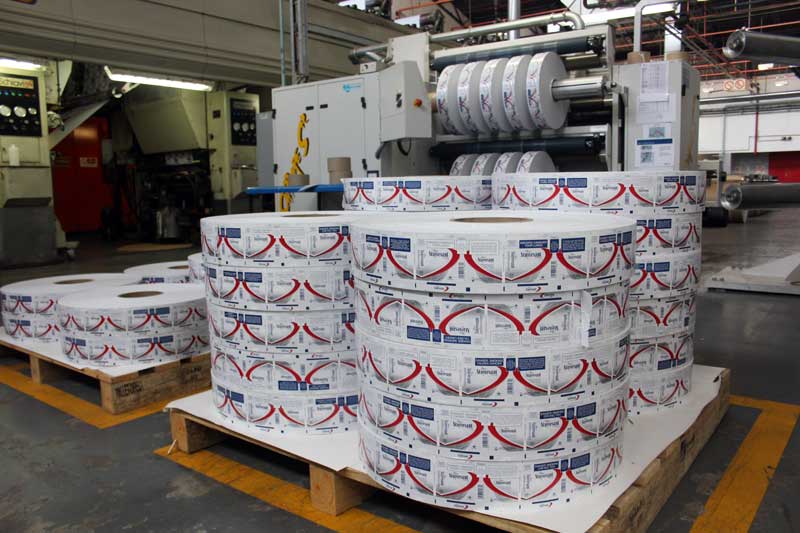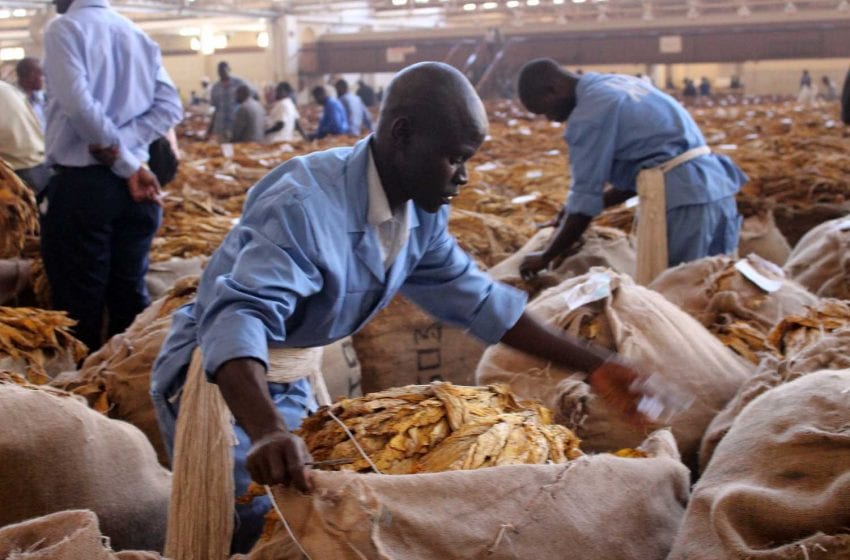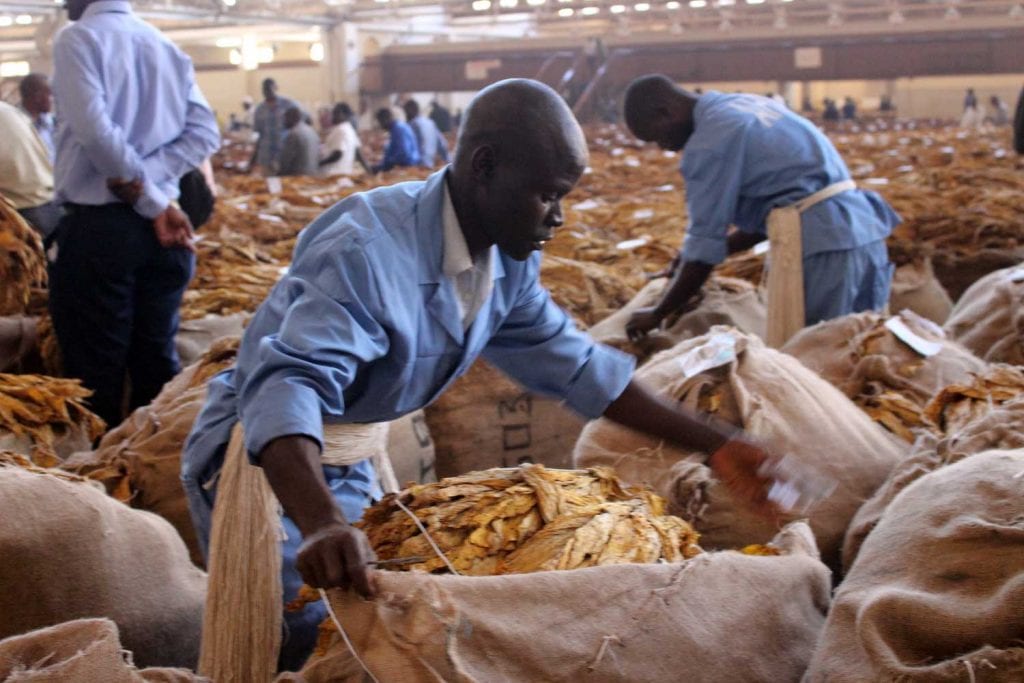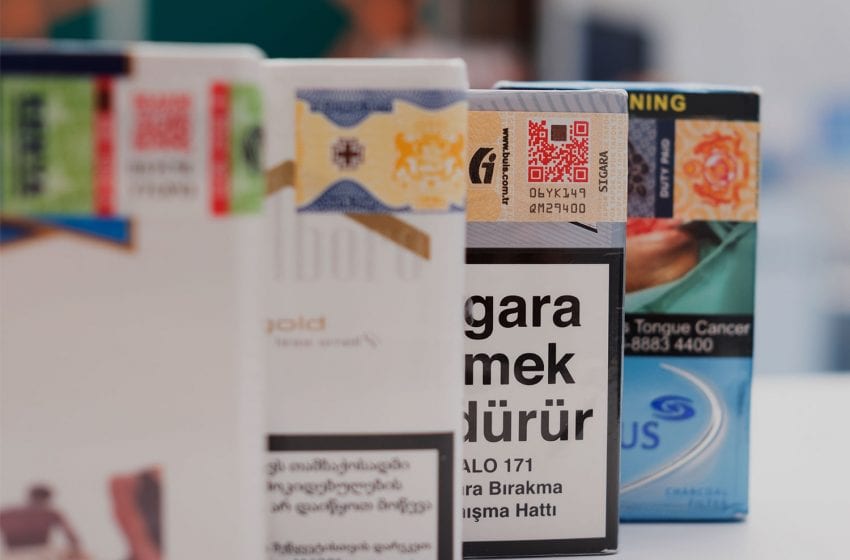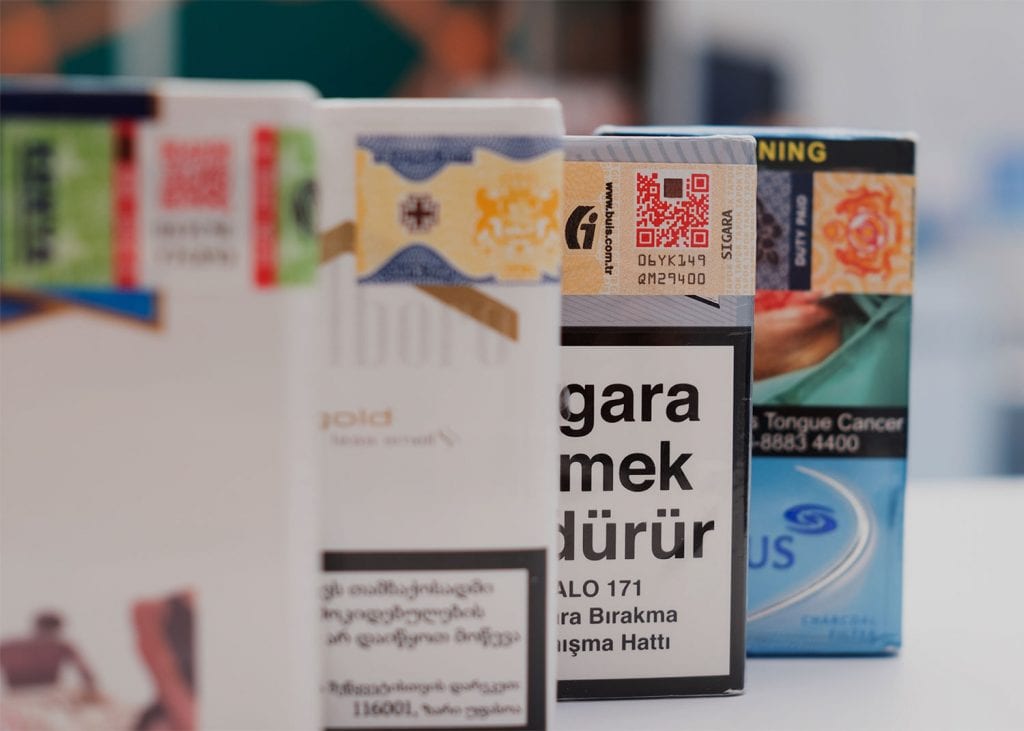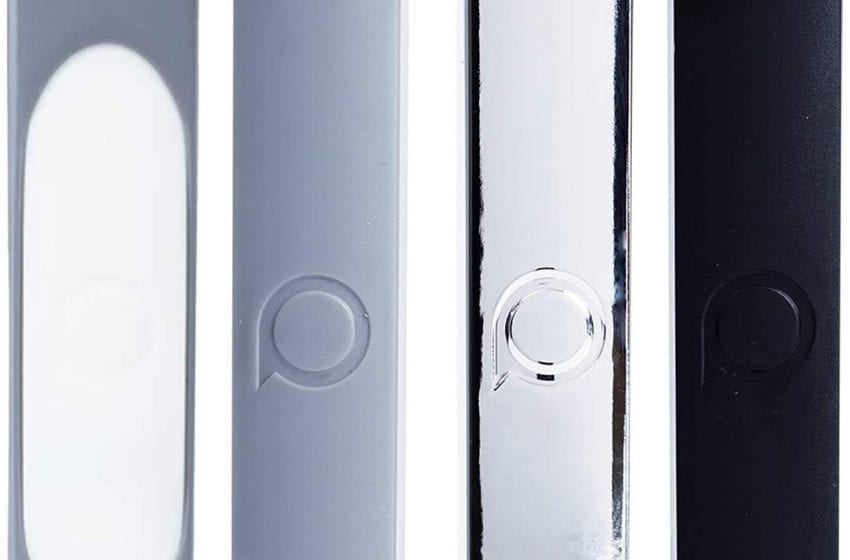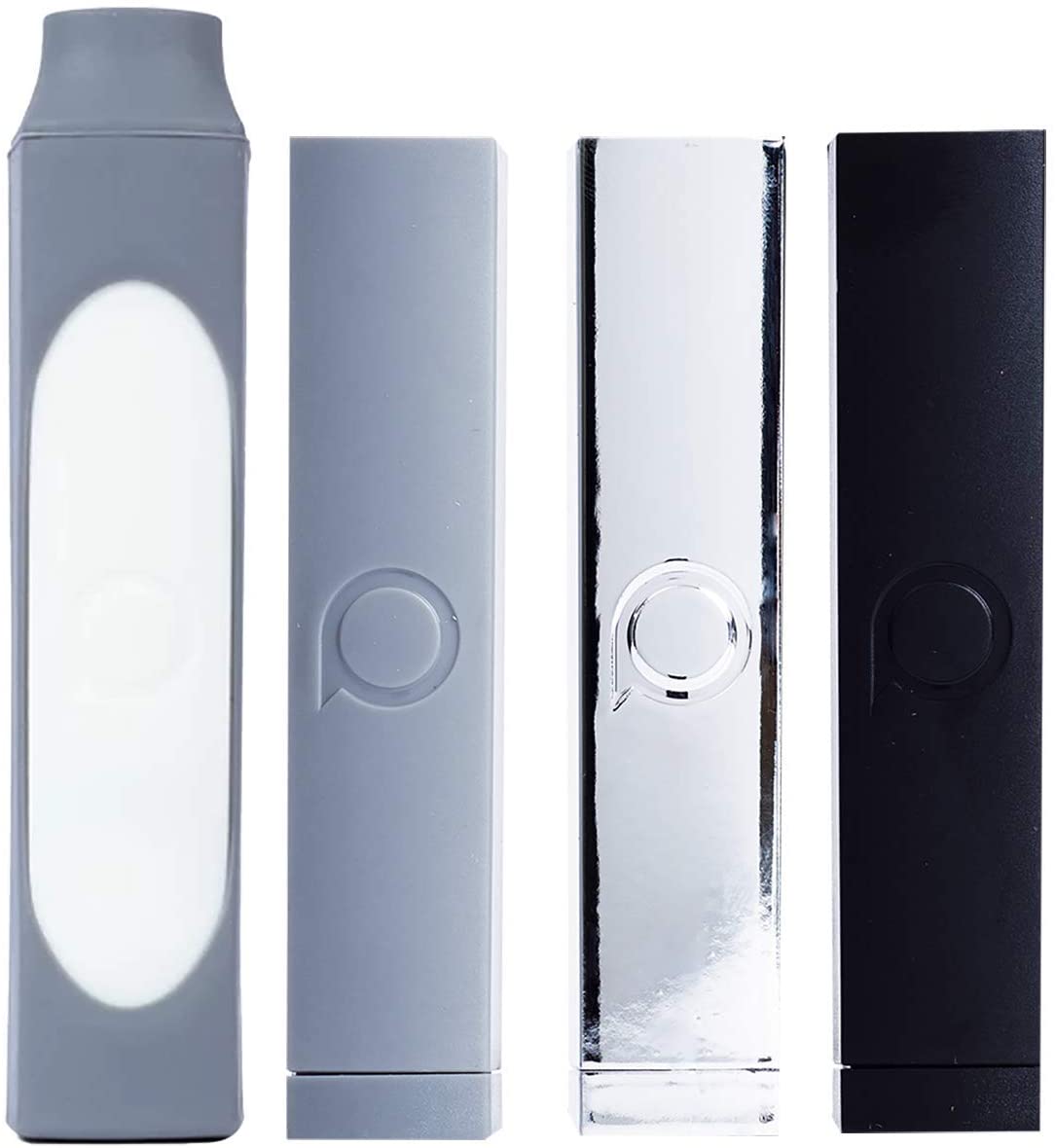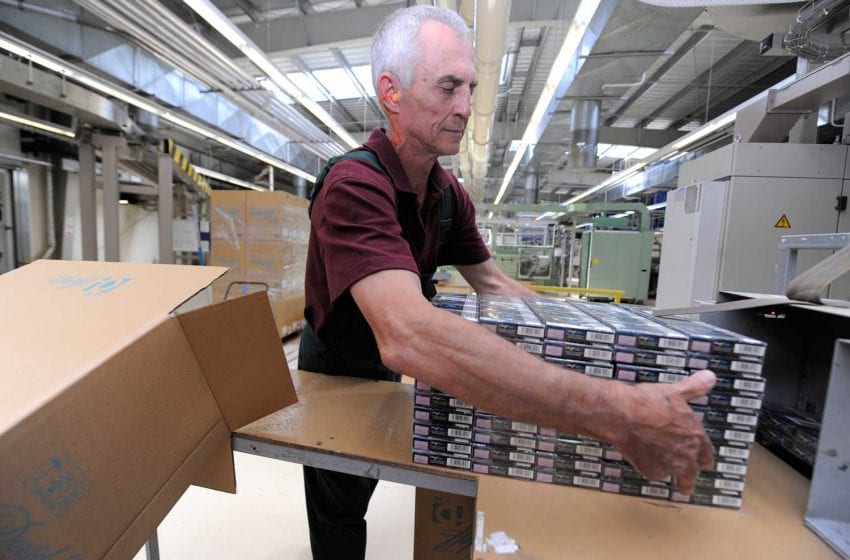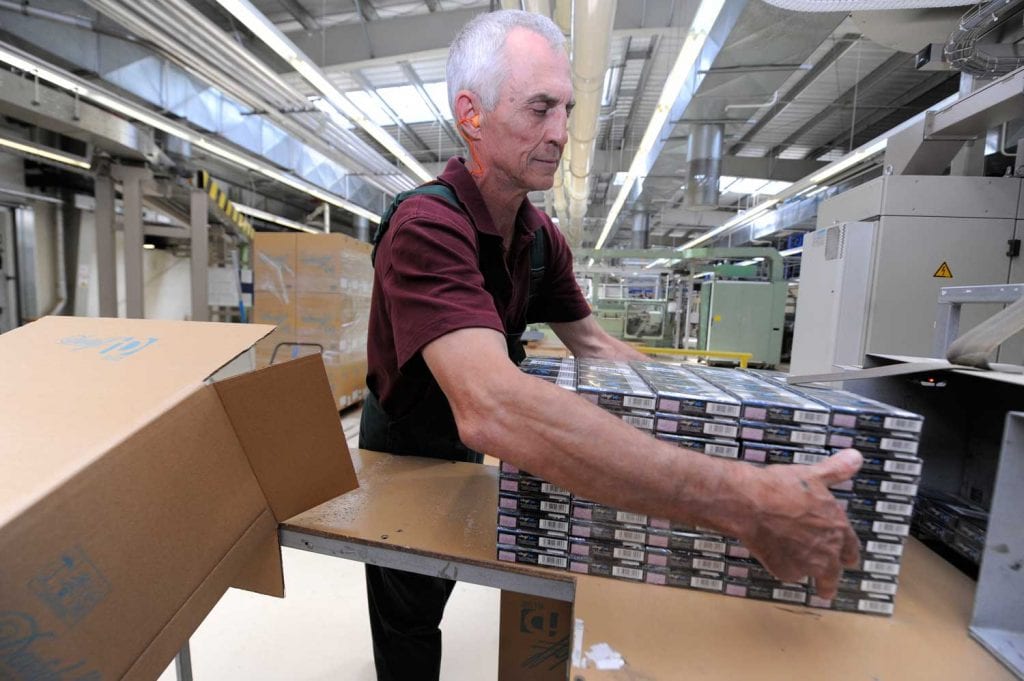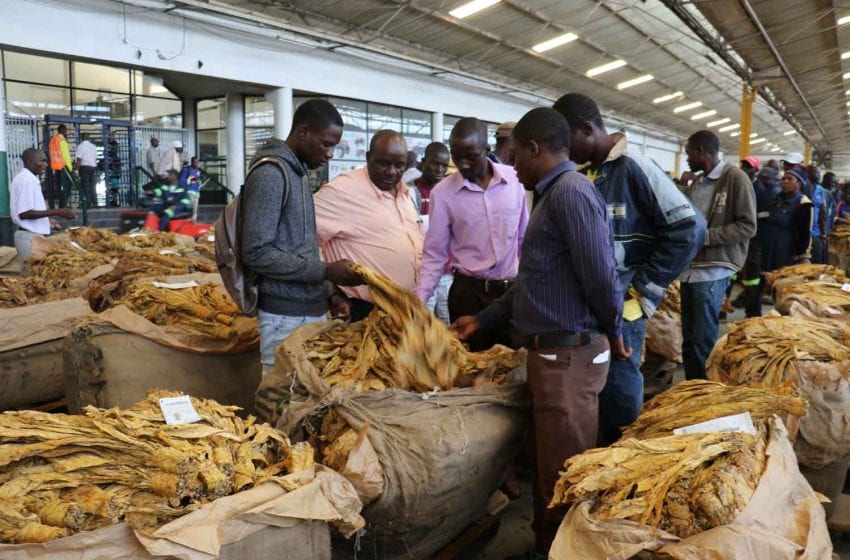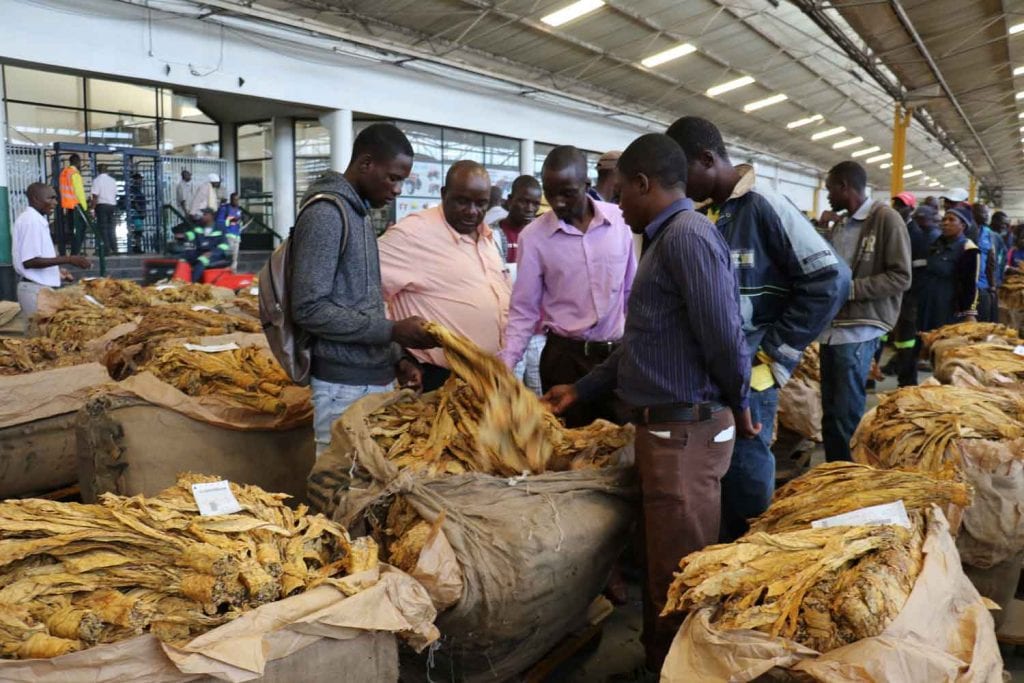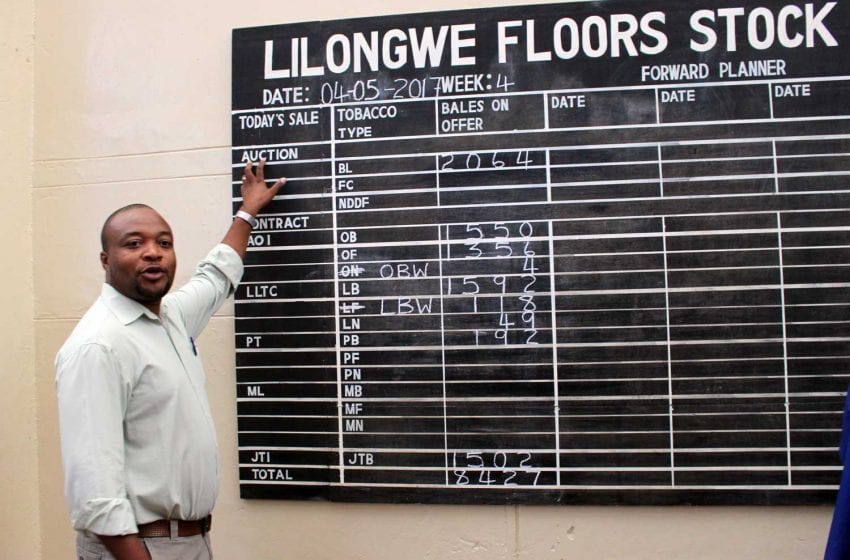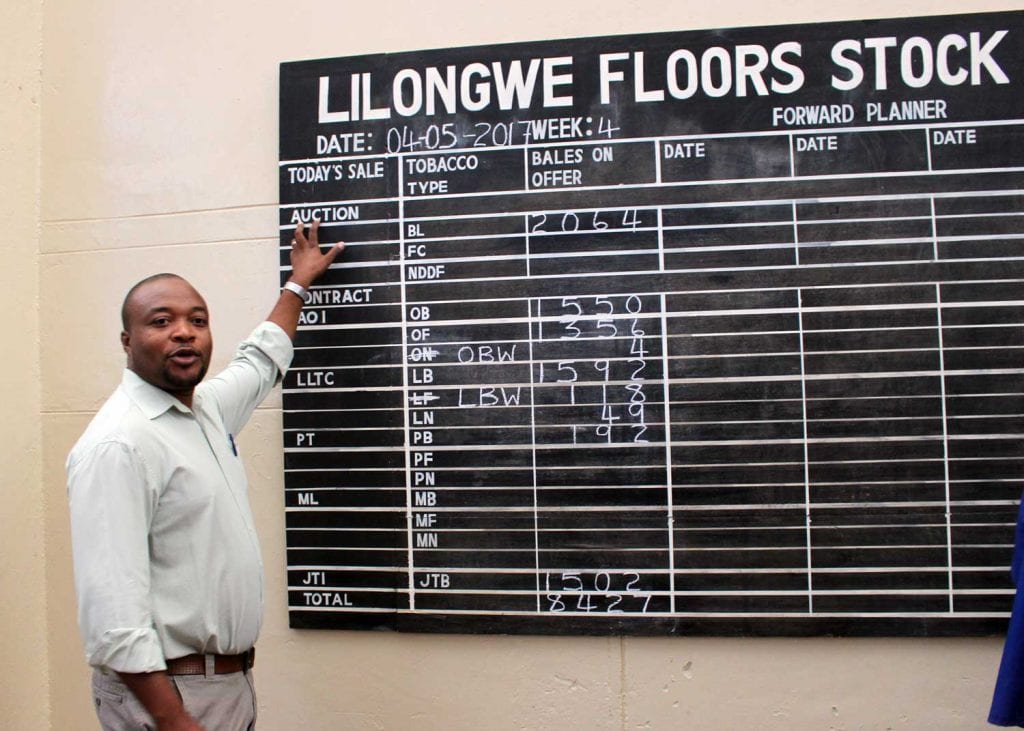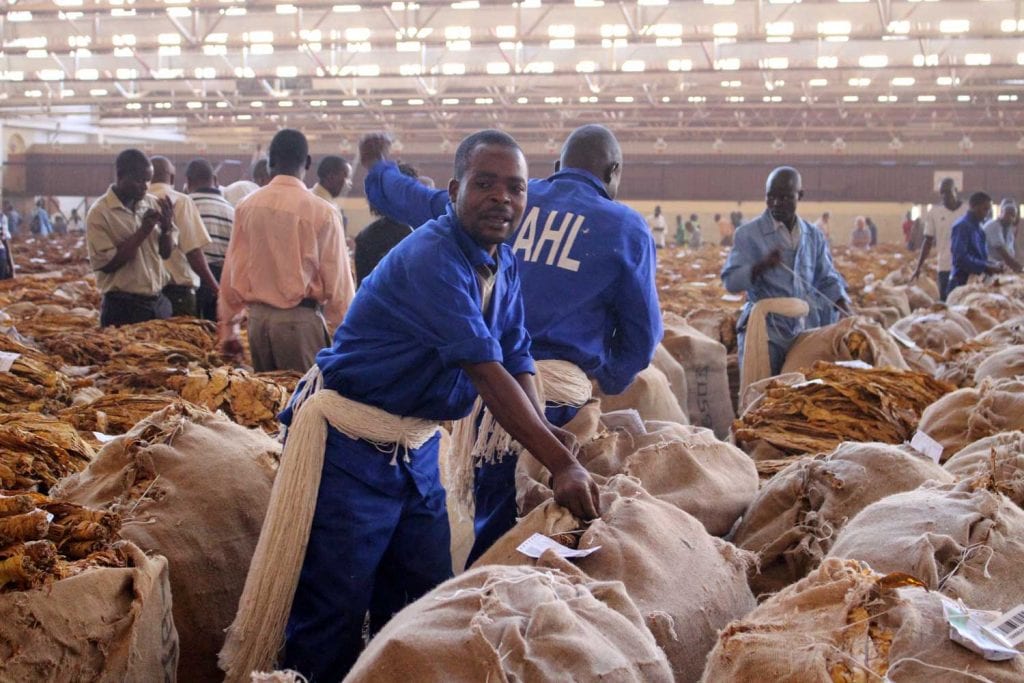
Licensed tobacco markets will open this month, following strict guidelines to help prevent the spread of Covid-19.
The Malawi government earlier decided that tobacco markets should open to protect growers. The Ministry of Agriculture and Food Security has listed April 20 as the opening date for the markets.
Sales will begin at the Lilongwe selling floor on April 20; at the Chinkhoma selling floor on April 22; at the Limbe selling floor on April 27; and at the Mzuzu selling floor on May 4.
To help prevent the spread of Covid-19, entry will be restricted to those who have “critical tasks to perform”; those entering will have to wash their hands at the gate with 0.05 percent chlorinated water and wipe their feet on a chlorinated mat; everyone will have their temperature taken upon entry; entrants must have an ID, wear a uniform and wear a face mask; social distancing will be adhered to; and no more than 100 people will be allowed on the floor at a time.
Once individuals have finished their business, they will be asked to leave immediately. Tobacco bales will not be re-laid, but Saturday contract sales will continue with willing tobacco-buying companies. Growers will not be allowed to witness sales.

